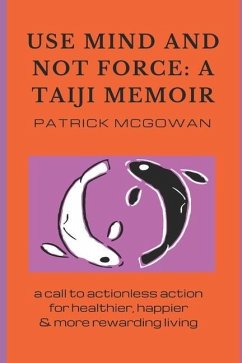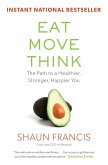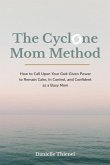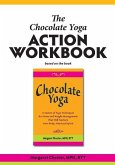A key theme of this work is the value of strength through softness, maybe contrarian to many in these days where might is often right. But the author has studied and practised taiji exercise for forty years, and he draws on that lived experience, as he puts his case as to why we should be more mindful and less forceful in our approach to living. He poses the important question of why many social problems we fight seem to only get worse before we ever find a lasting solution. He makes a strong case for taking a fresh approach in dealing with such problems. It is all to do with the habits of resistance we as a society have developed and which we seem to turn into a type of virtue, but are invariably self-defeating. The book covers many aspects of taiji including its founder, its history, its philosophy, its relationship to Chinese medicine and Chinese culture and language as well as many experiential moments in the course of learning taiji such as attending classes and forming a relationship with the teacher. It also includes a chapter on modern day role models of taiji enthusiasts. Beyond taiji, the author shares a very personal account of one who taken a lengthy foray into Chinese culture. The author comments early on that there are few written accounts of the personal experiences of one who has studied the taiji art. Most taiji books to now have been focused on the appeal to the words of the masters and include copious photos of the physical postures as if they are the essence of taiji alone. Such works are often written tersely and in a type of private language set up between teacher and student. This work is very self-consciously an account of a non-Chinese person who has persisted with this enigmatic Chinese art and enjoyed many of its benefits.In his introduction, the author indicates he has given a lot of thought as to how he would prepare this subject for the reader. He draws on the philosophical tradition of phenomenology to establish the framework of the book. He treats taiji as a phenomenon which allows it to reveal its own truth, its own essence, rather than loading it with pre-concieved notions and unwarranted cultural assumptions. He explore taiji as both a personal and social phenomenon and in such a way allows us to take a fresh look at the subject. He is not out to win over taiji players, though he does argue that the taiji idea is very valuable and highly recommended. Note, the author chooses the annotation of taiji, rather than the common tai chi, in line with the international standard pinyin romanization and also to avoid any colonialist connotations of the tai chi term from a bygone era. In summary, this book is a fresh, creative and thoughtful account of forty years given to the pursuit of taiji and, in the spirit of memoir writing, it does impact the reader to consider their own experience in a new light that is both satisfying and rewarding.
Hinweis: Dieser Artikel kann nur an eine deutsche Lieferadresse ausgeliefert werden.
Hinweis: Dieser Artikel kann nur an eine deutsche Lieferadresse ausgeliefert werden.








